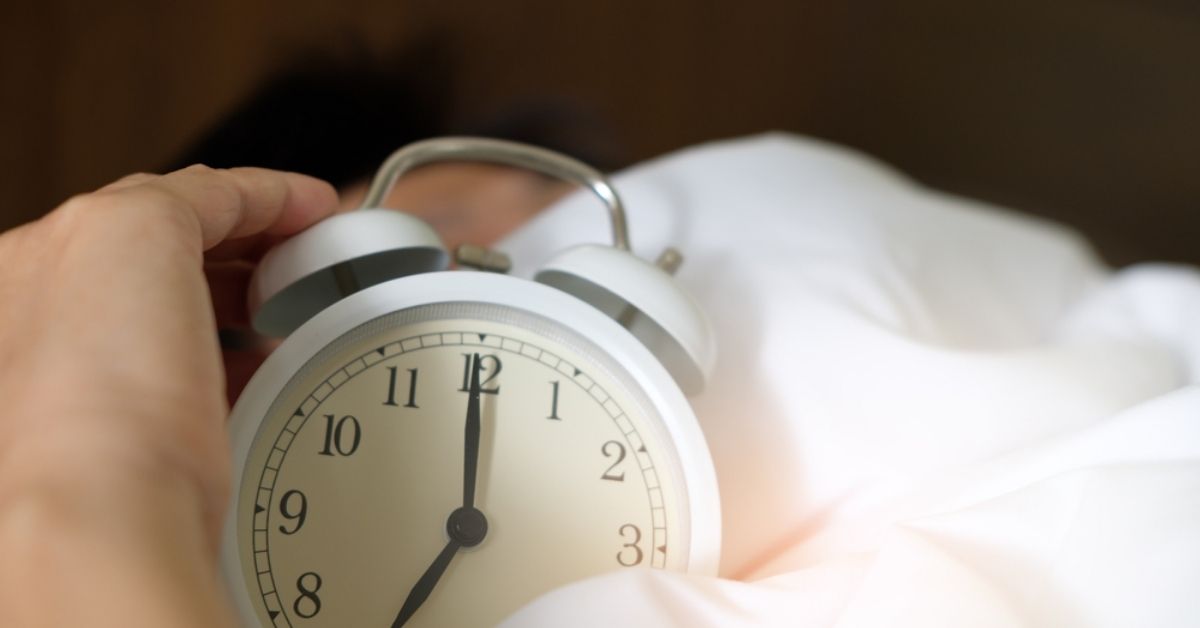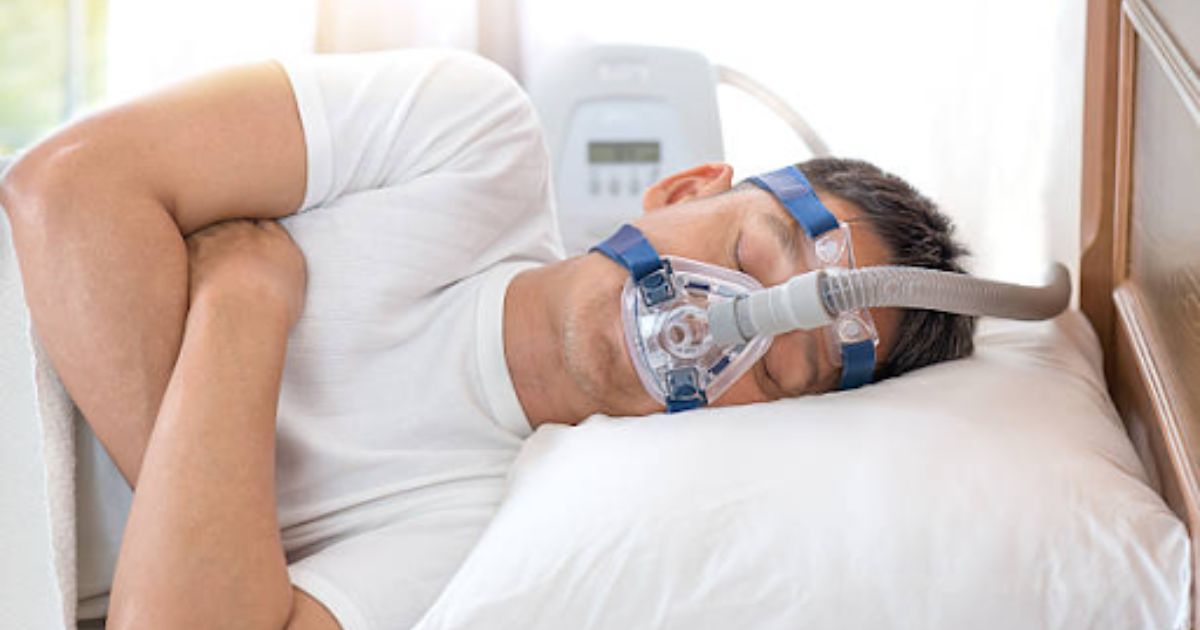Going through a period where having a hard time sleeping isn’t unlikely for the average person. On an average, it is normal for individuals to experience trouble sleeping for a short time period, but if the problem is persistent and becomes an extended period of time that you have trouble sleeping, you should reach out to a sleep study doctor in Jacksonville FL to be evaluated for any sleep disorders that may be contributing to your difficult time sleeping.
A sleep disorder can be defined as: “A condition that frequently impacts your ability to get enough quality sleep”. When you lose quality sleep, you start to experience difficulties completing tasks.
There are many common reasons that individuals can experience having a difficult time sleeping, some reasons are listed below:
1. Sleep Apnea
Sleep apnea is a very common and treatable sleep disorder. Sleep apnea is when your breathing temporarily stops while you are sleeping. When this occurs, you are awoken out of sleep. Although, if you do have sleep apnea, you are likely not able to remember waking up throughout the night, it can lead to making you feel exhausted, irritable, depressed, and can also cause a decrease in your productivity throughout your daily activities. Sleep apnea is a very serious condition and if left untreated it can be life-threatening.
2. Insomnia
Insomnia is another very common sleep disorder. Insomnia is when you are unable to sleep well at night or even sleep at all. It can be caused by stress, jet lag, health conditions, medication, or the caffeine intake you consume throughout your day. You can try limiting your caffeine intake or speak with your doctor about possible side effects from your medication.
3. Narcolepsy
Narcolepsy is when an individual experiences excessive and uncontrollable sleepiness during the day. This is caused when you have a dysfunction in your brain that controls your sleep and wake patterns. If you have narcolepsy, you are experiencing “sleep attacks” in the middle of performing daily tasks like walking, talking, and driving. Unfortunately, there is no cure for narcolepsy yet, but by seeing a sleep study doctor, you can address the issue and your doctor can provide a combination of different treatments to help you control your symptoms of narcolepsy.
4. Jet Lag
Something that is very common, but often forgotten about, is jet lag. When traveling, you can travel across different time zones, which in turn, can cause a temporary disruption to your circadian rhythm. When jet lag occurs, you can experience daytime sleepiness, headaches, fatigue, and stomach issues. You are more likely to experience symptoms of jet lag when you are traveling on a longer flight and flying towards the east.
Overall, it is not uncommon to go through a period of difficulty or trouble sleeping. There are many ways to try to improve your sleep when you are having trouble sleeping. Try improving your daytime habits and changing your schedule, going to sleep earlier, and even try a bedtime routine. Contact Jax Sleep Center for an evaluation today.






